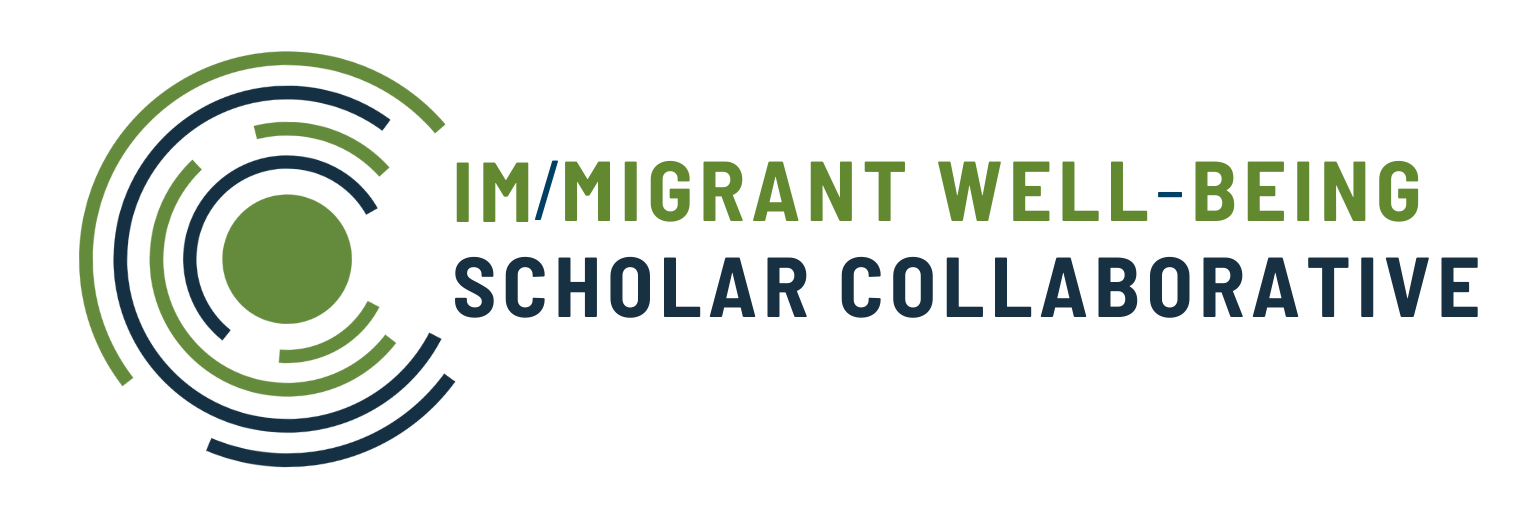Twelve years ago, then-President Barack Obama announced the Deferred Action for Childhood Arrivals (DACA) program for “young people who grew up in America, kids who study in our schools, young adults who are starting careers, patriots who pledge allegiance to our flag. These Dreamers are Americans in their hearts, in their minds, in every single way but one: on paper.”
Since 2012, DACA has given over 800,000 young people the protections to legally remain in the United States, as well as work permits and access to education. DACA recipients are deeply embedded in communities across the country as community activists, healthcare workers, and parents. The effects of DACA on im/migrants’ well-being has been significant, allowing recipients to earn higher wages and attend institutions of higher education.
On Economic Well-Being, DACA Has Provided a Path to Financial Stability and Opportunities
A survey found that nine out of ten DACA recipients are currently employed or enrolled in school, with a 91 percent employment rate for those aged 25 and older. After receiving DACA, 41 percent of respondents moved to a job with better working conditions and 47 percent moved to a job with health insurance or other benefits. DACA has not just helped in job attainment, but in improving the overall quality of jobs.
Another report compared the first cohort of DACA recipients in 2012 with their current statuses. In 2012, the median income of a DACA recipient was $4,000 and, by 2024, it had risen to $37,000.
Furthermore, DACA recipients are making economically beneficial investments, such as purchasing cars and homes. Around 51 percent reported buying their first car and 18 percent purchased their first home after receiving DACA.
Boosts to Educational Access and Attainment
A working paper released by the National Bureau of Economic Research found that DACA had a “significant impact” on the educational and life decisions of undocumented immigrant youth. The study found a 45 percent decrease in teen birth rates and a 15 percent increase in high school graduation rates.
Others point to the higher educational benefits of DACA, with 93 percent saying that they “pursued educational opportunities that [they] previously could not” as a result of DACA. This is evidenced by the 83 percent of respondents pursuing a bachelor’s degree or higher.
In academia, another report found that close to 9,000 of DACA recipients were employed as teachers or in similar education professionals.
The Consequences of Federal Inaction: Mental Health and Well-Being Languishes
Despite the benefits DACA has provided for im/migrants’ well-being, the federal government’s failures to provide a pathway to citizenship or make DACA permanent has had harmful impacts on im/migrant communities.
For DACA recipients, the program’s uncertainty over the last 12 years has had far reaching consequences.
A 2023 study by Aranda et al. analyzed how undocumented immigrants, many of them DACA recipients, navigated the first year of the COVID pandemic in Florida. The study highlighted the shortcomings of DACA’s temporary status and its inability to provide a pathway to citizenship. It revealed that their undocumented status subjected im/migrants to legal violence due to laws that restricted their access to government aid, inadequate healthcare, and bureaucratic delays in immigration paperwork renewals.
For example, im/migrants did not qualify for federal aid and were at risk of losing DACA and work permits due to closed USCIS offices and delayed administrative processing times. Testimony from Katalina, a 21-year-old woman from Mexico, describes the exacerbated financial consequences resulting from restrictions on DACA:
“It was kind of hard…when my parents were laid off. My parents didn’t receive the stimulus checks and stuff like that, that was a little difficult.”
This even resulted in some U.S. citizen children being affected, as their undocumented parents were not eligible to receive federal aid money. Here, legal violence had spillover effects onto U.S. citizen children.
As DACA is under active litigation threat, there is a chance that renewals could be stopped as soon as this year. If that were to happen, it is estimated that as many as 1,000 jobs would be lost each business day and more than 1,000 U.S. citizen family members of DACA recipients would face family separation each day for two years.
From having to renew their DACA every two years to avoid deportation and keep their work authorization – DACA recipients are always on fight or flight mode. A study from Rice University found that DACA beneficiaries experienced significantly higher levels of distress compared to non-DACA immigrants with unauthorized immigration legal status as a result of Trump’s 2017 plan to end DACA.
Yet, despite all these structural and mental health challenges, DACA recipients in the case of the Washington, D.C. metro area, have become vital community members by promoting a collective well-being via the brokerage of access to services and developing innovative advocacy strategies to negotiate the ongoing legal uncertainty that they themselves face.
It is imperative that Congress enacts a clear path to citizenship and permanently secure DACA from any further legal attacks. Doing so will alleviate the financial and mental health struggles that im/migrants face, ensuring their well-being.
Karla Madera Tejada is a recent graduate of The George Washington University, where she majored in Political Science and Criminal Justice. Her areas of expertise include immigration law research and policy, with a focus on the complexities and challenges of the U.S. immigration system.

